“Jockamo / Iko Iko”
Videos by American Songwriter
Written by Sugarboy and his Canecutters / The Dixie Cups
As a child of the Mississippi gulf coast, the mysterious and colorful time of the year known as Mardi Gras has always captivated me. Catching throws of plastic beads, precious doubloons and moon pies, is a Mardi Gras tradition along the parade route from Mobile, Alabama where it was born, to New Orleans, LA where it was born again…crazy. During this time of the year, revelers are likely to hear a number of Mardi Gras songs along the parade route. One of the most popular songs is called Iko Iko.
Iko Iko was released in 1953 by New Orleans native James Crawford, under his stage name, Sugar Boy and his Canecutters. The song, which was originally entitled Jockamo, tells a story of two tribes of Mardi Gras Indians in New Orleans who feud with each other before a parade. The song contains indian chants like Jock-A-Mo, which Crawford added to the song for extra flavor. In later interviews before his death in 2012, Crawford said he didn’t even know what the words meant himself. In fact, the words may not have actually been words at all. Much like Mardi Gras however, fact or fiction remained a minor detail, often diluted or overlooked by libation. While the song didn’t do much for Crawford’s career in 1953, twelve years later the song would become an international hit, bringing the spirit of Mardi Gras to the world.
In 1965, a girl group with the stage name The Dixie Cups, recorded and released the song under the title Iko Iko. Although the song title was changed, the actual lyrics remained virtually identical to Crawford’s version, written in 1953. Two years after the Dixie Cups made the song a hit, everyone agreed to share songwriting credit for the song. Crawford was later quoted as saying, “fifty percent of something, is better than one hundred percent of nothing.”
Perhaps the most familiar version of the song however, was released in 1972 by another New Orleans native named Malcom John Rebennack. Like many of the prior musicians who released the song, Rebennack used a stage name as well. His name was Dr. John.
Today, Iko Iko, or Jockamo, is played during virtually every parade that rolls during Mardi Gras season. While the history of the song being stolen, shared or sacrificed may sound tragic, the facts of the matter remain. It took Crawford’s imagination, the Dixie Cups’ production, and Dr. John’s magic to bring the song to the world stage where everyone could hear it. Just like a great parade, it took more than one person to make it happen. Happy Mardi Gras Ya’ll, Laissez Le bon temps Rouler.

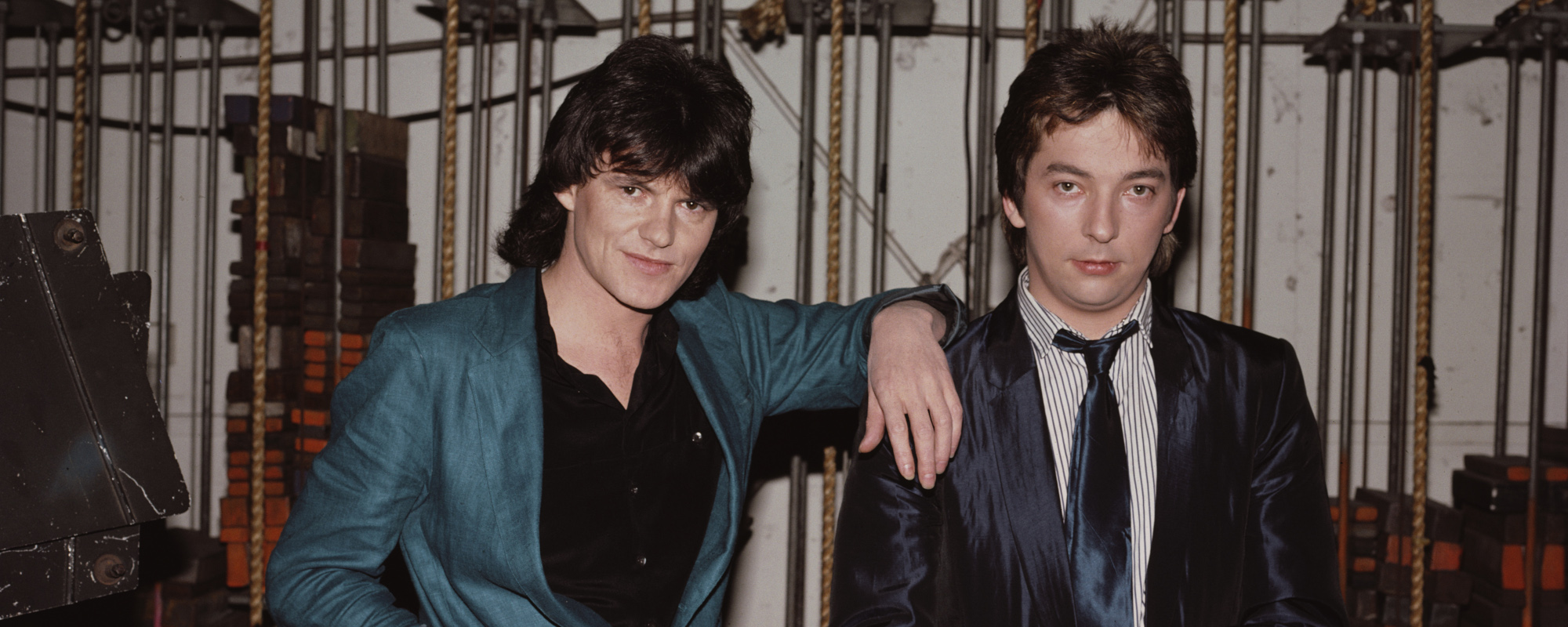
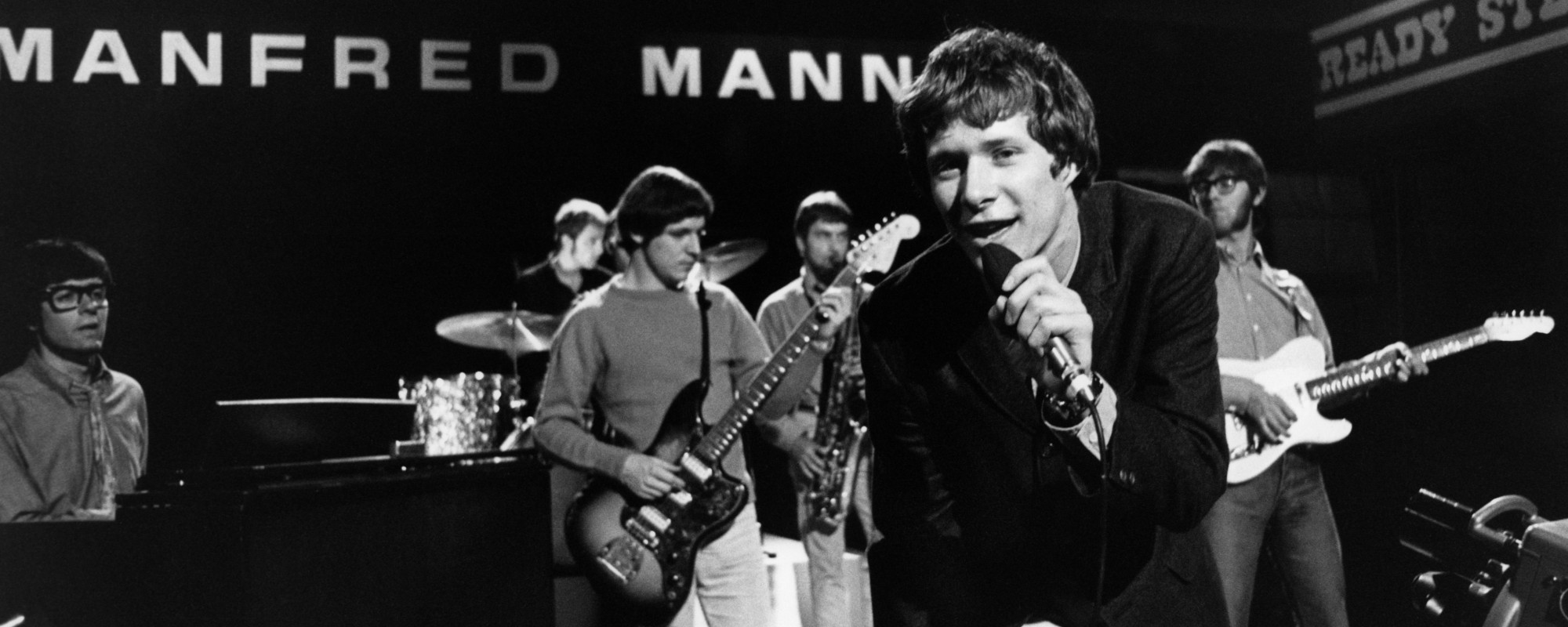
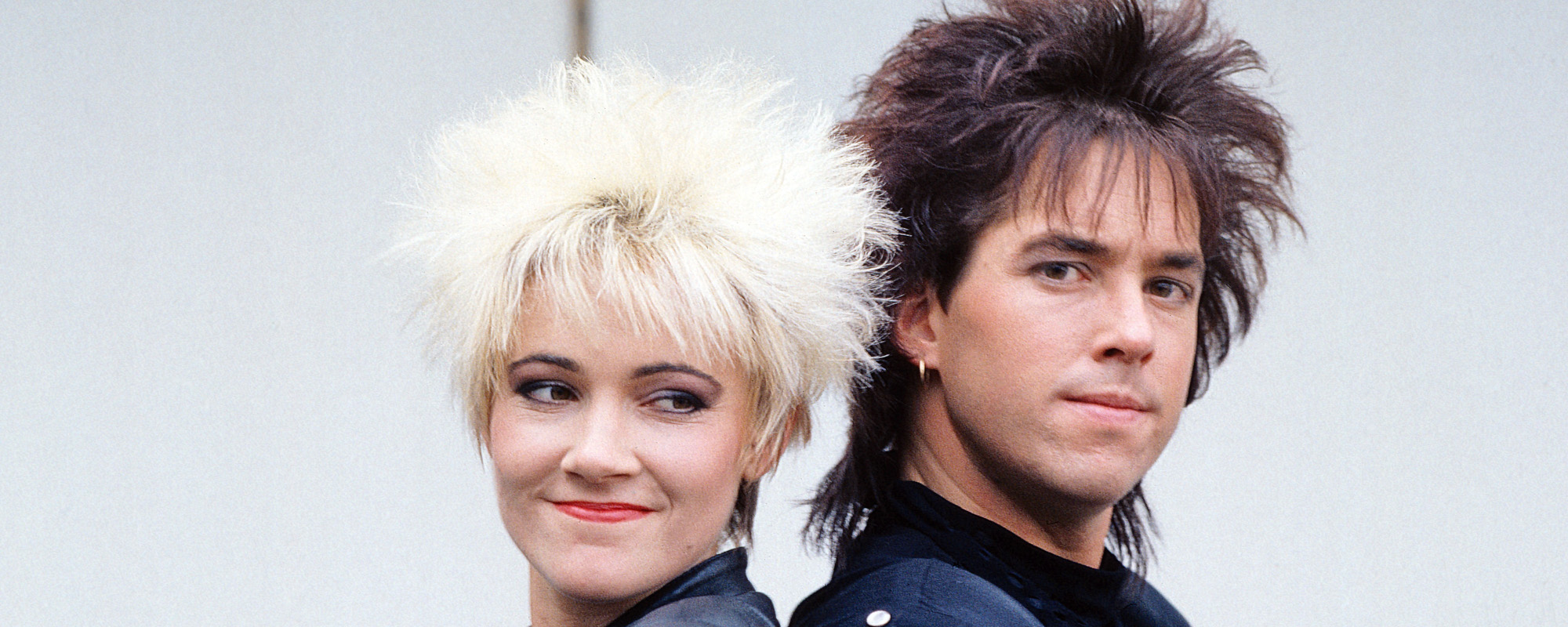
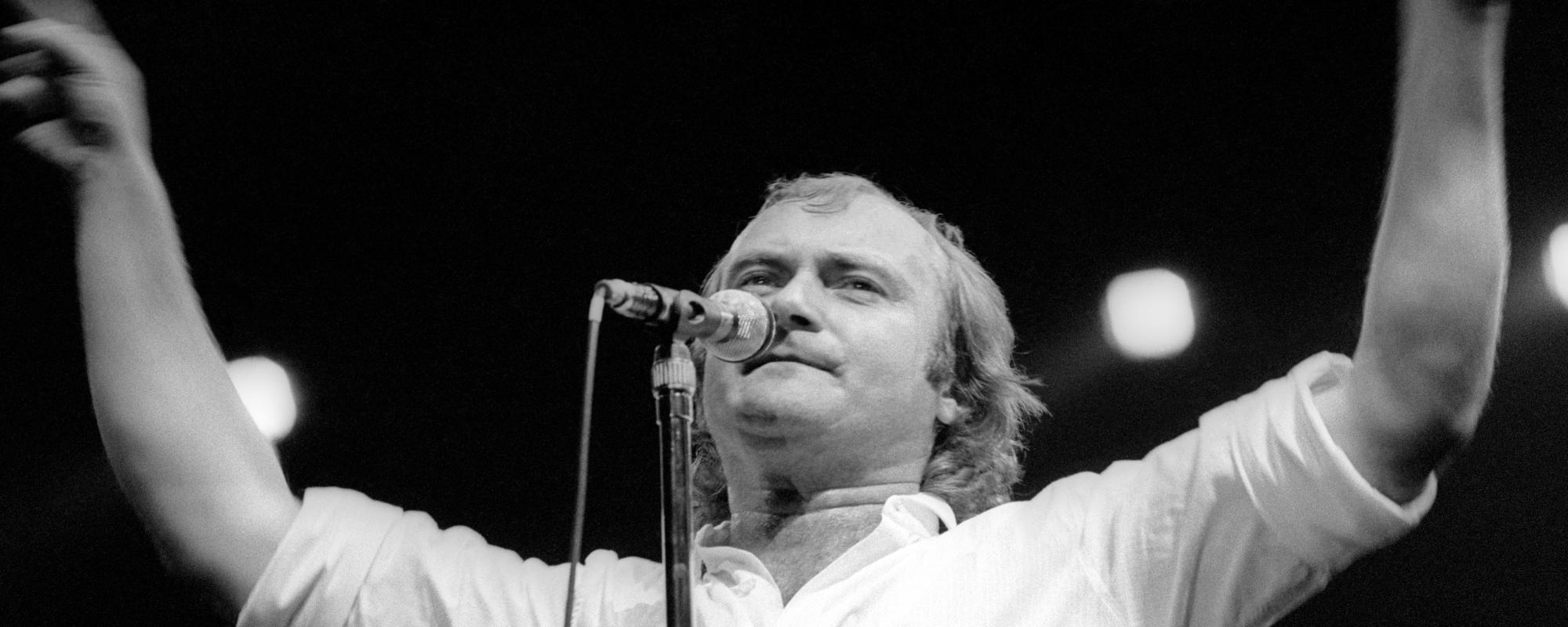
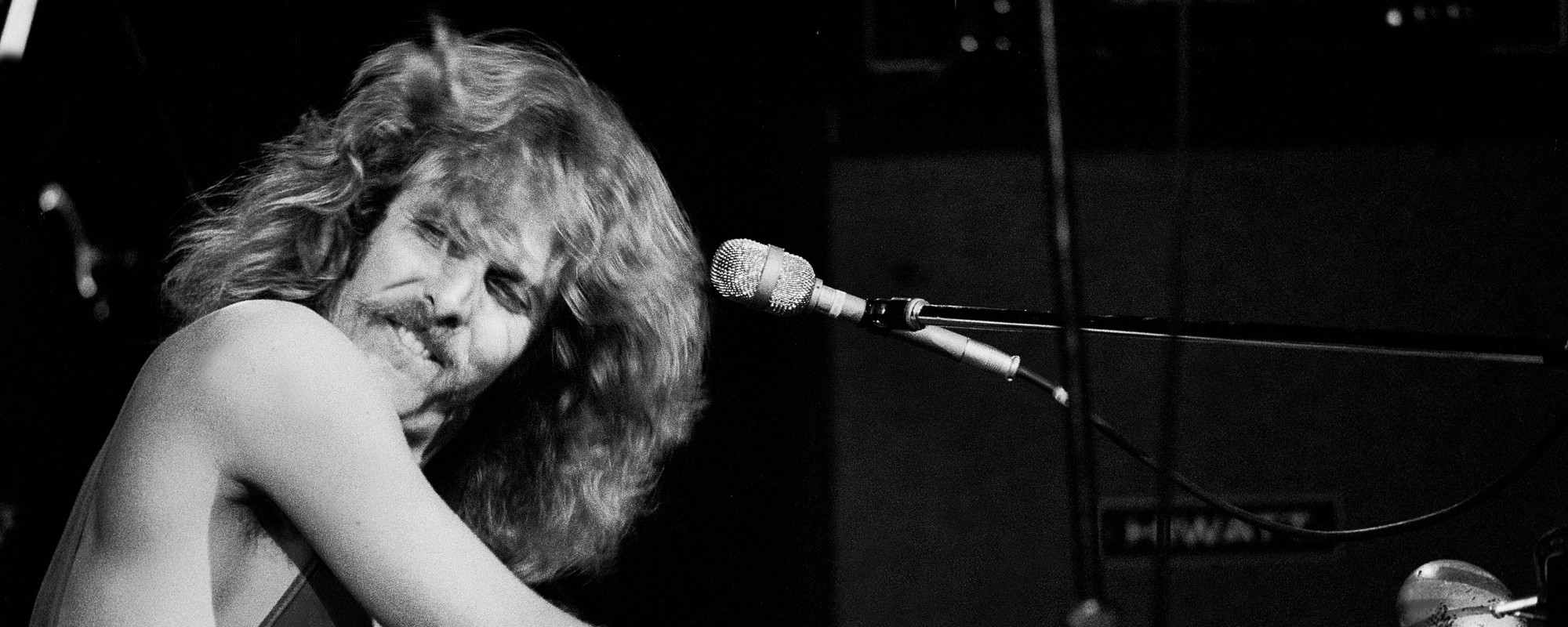

Leave a Reply
Only members can comment. Become a member. Already a member? Log in.